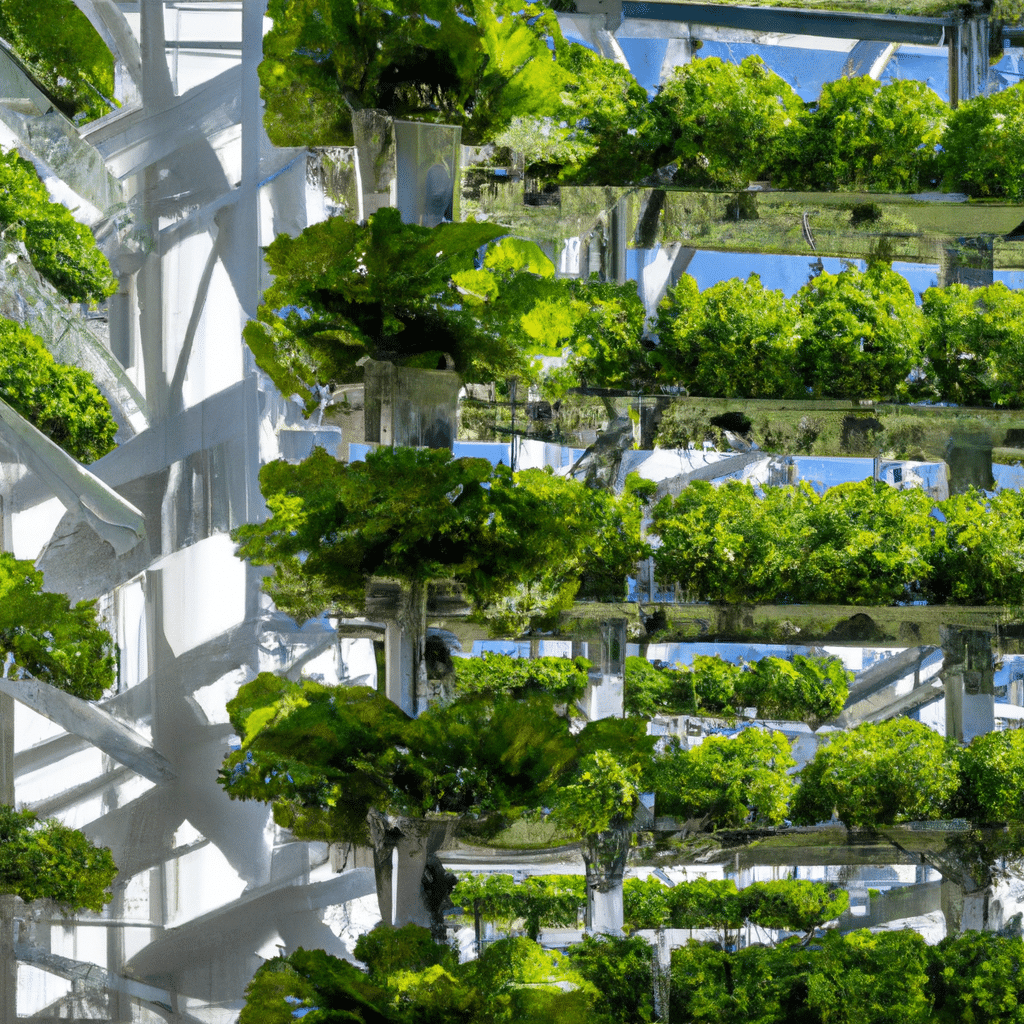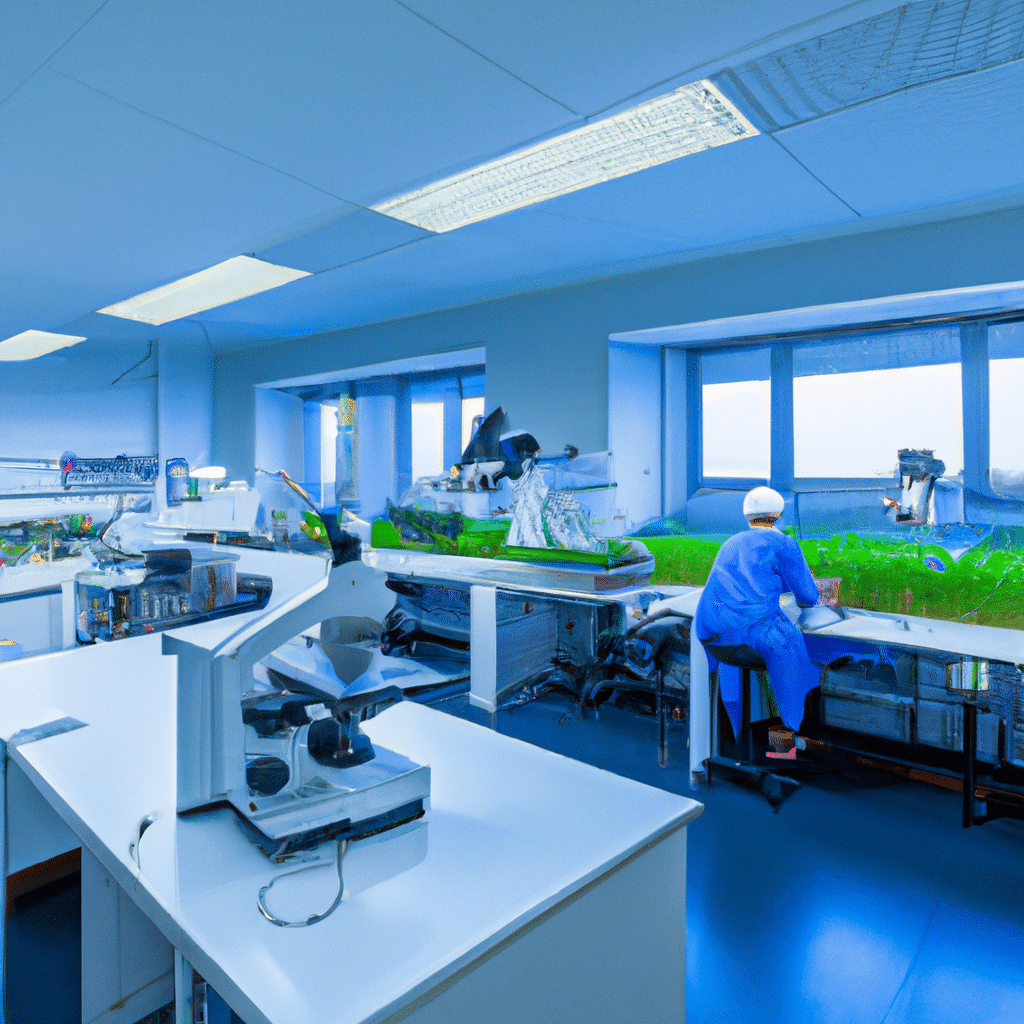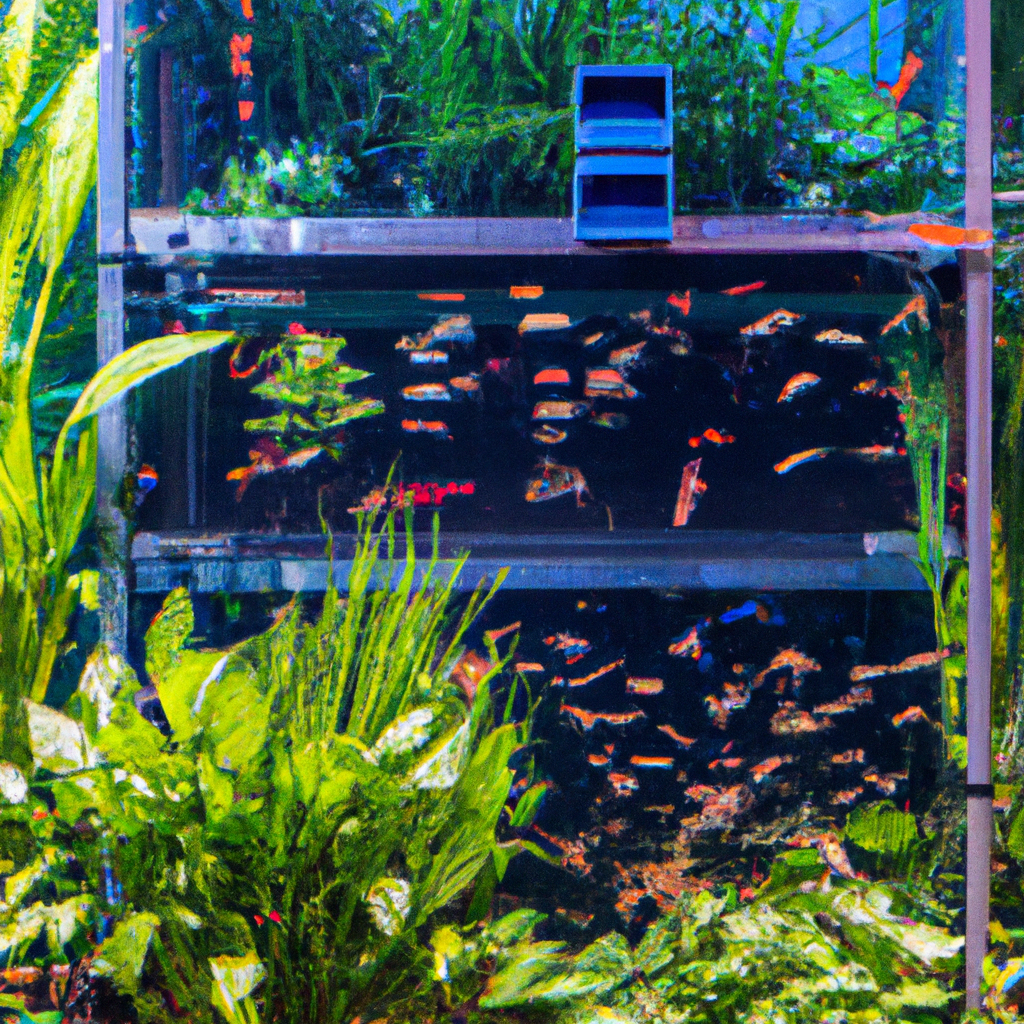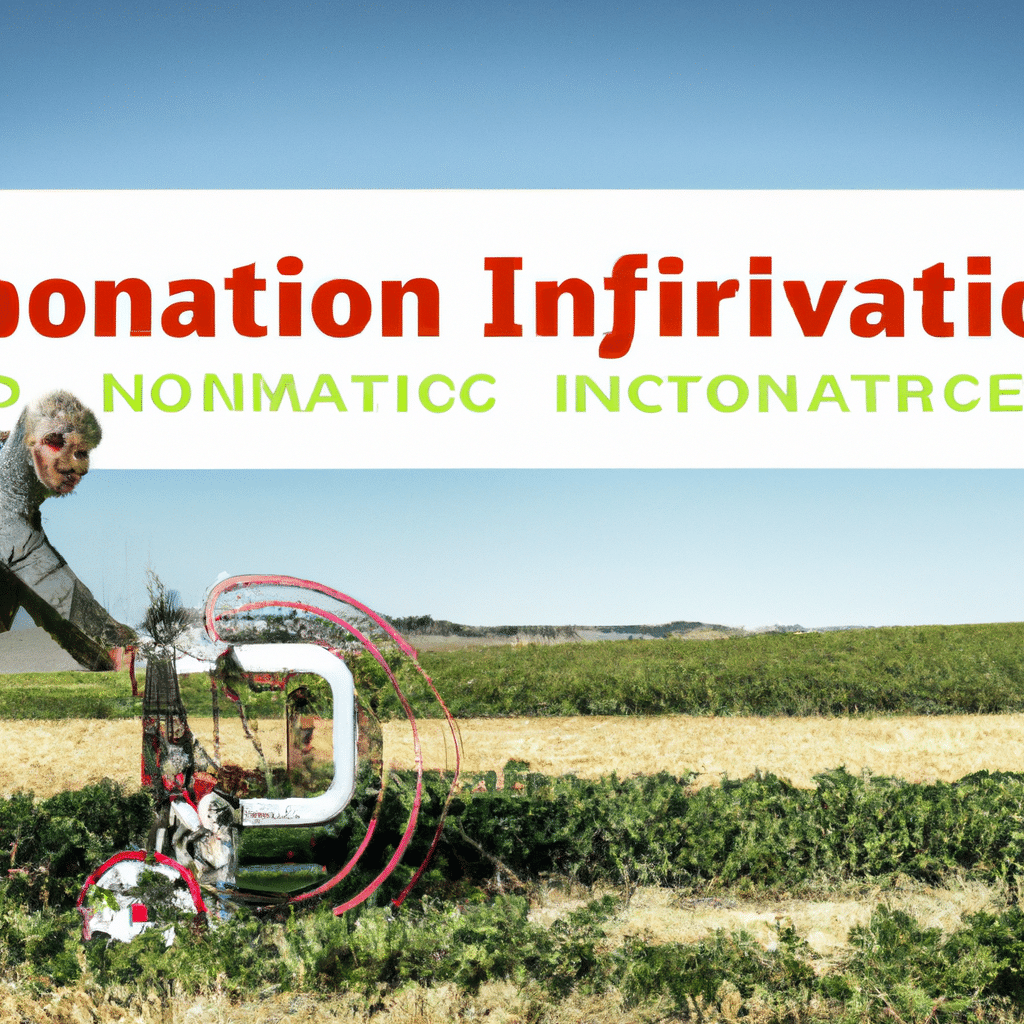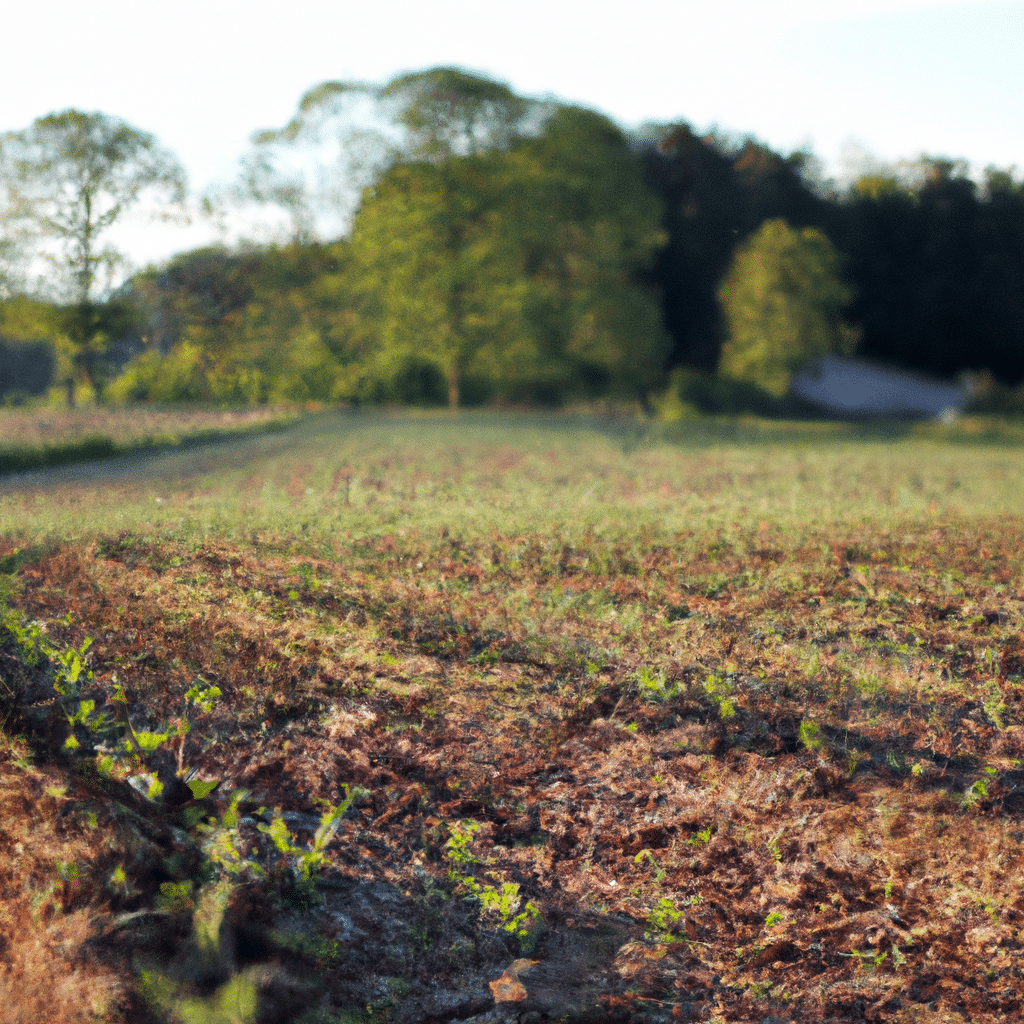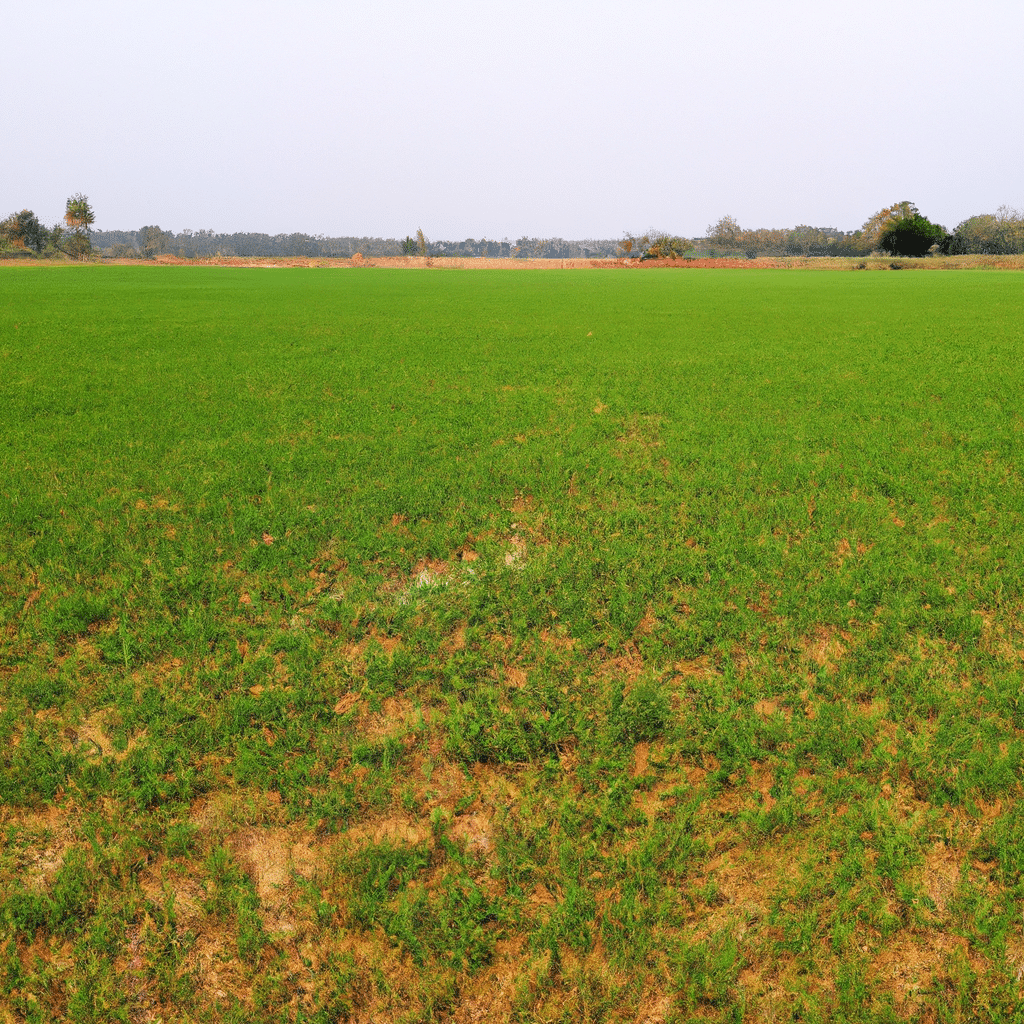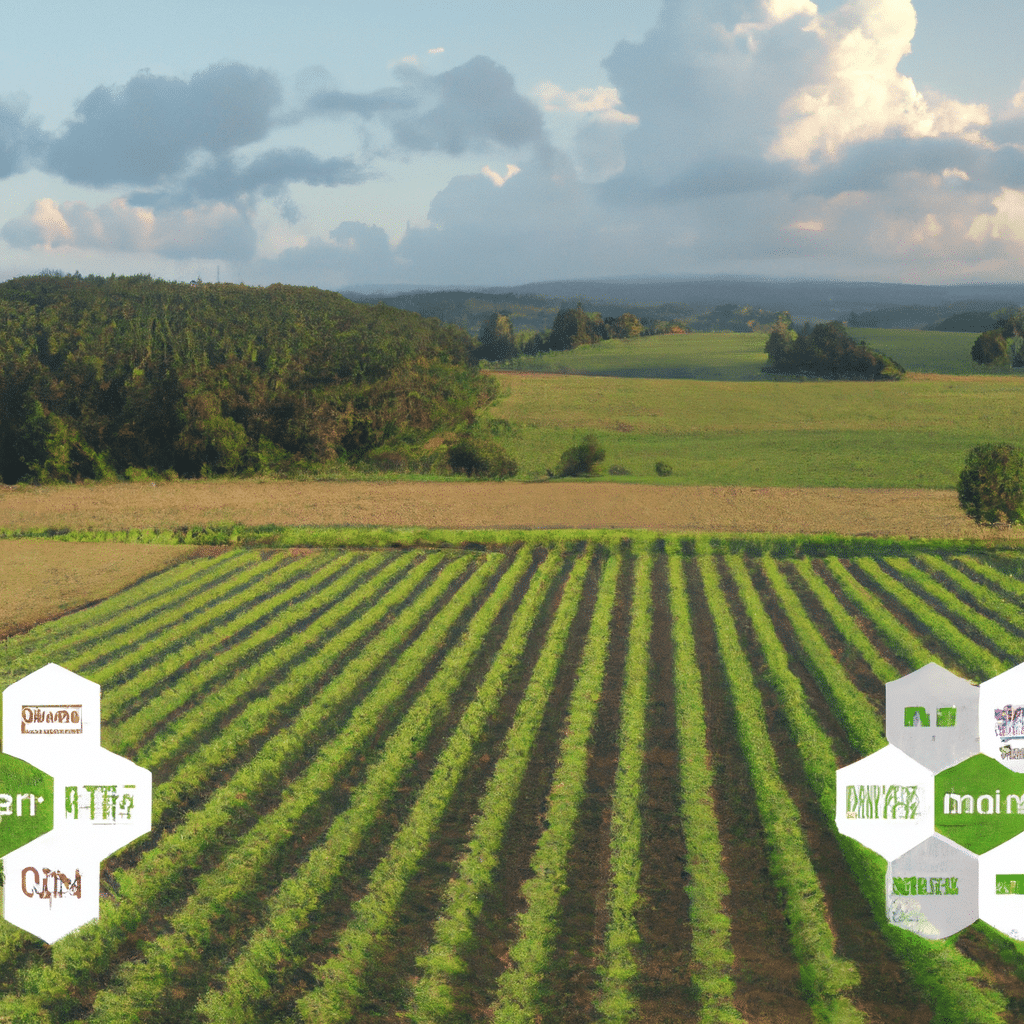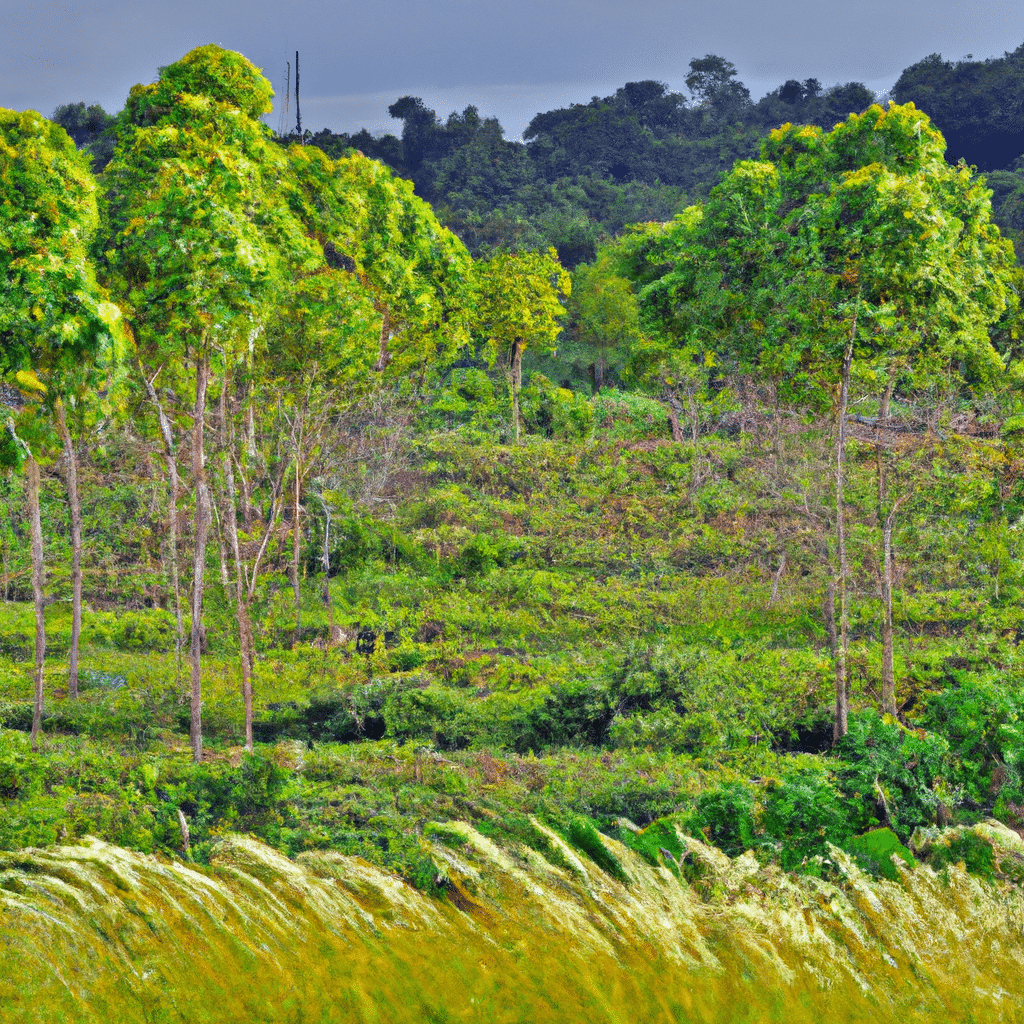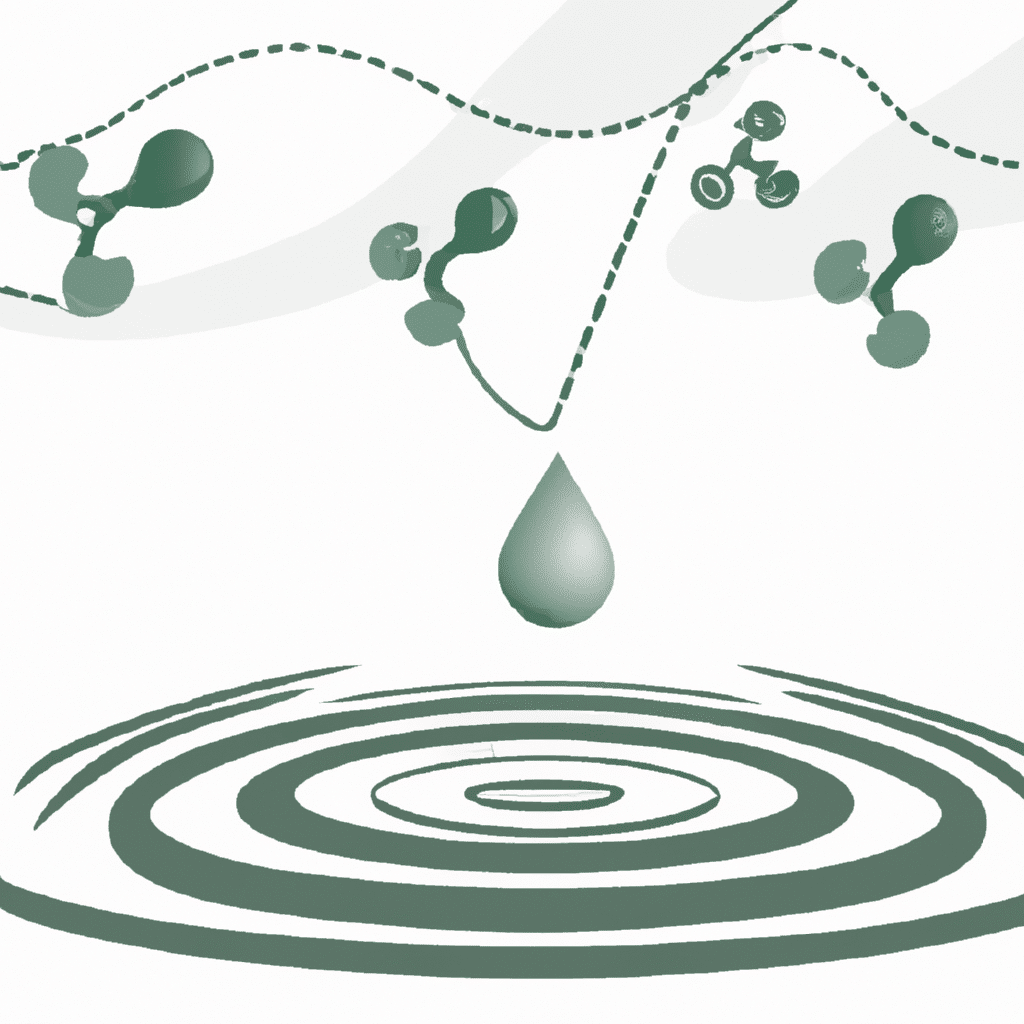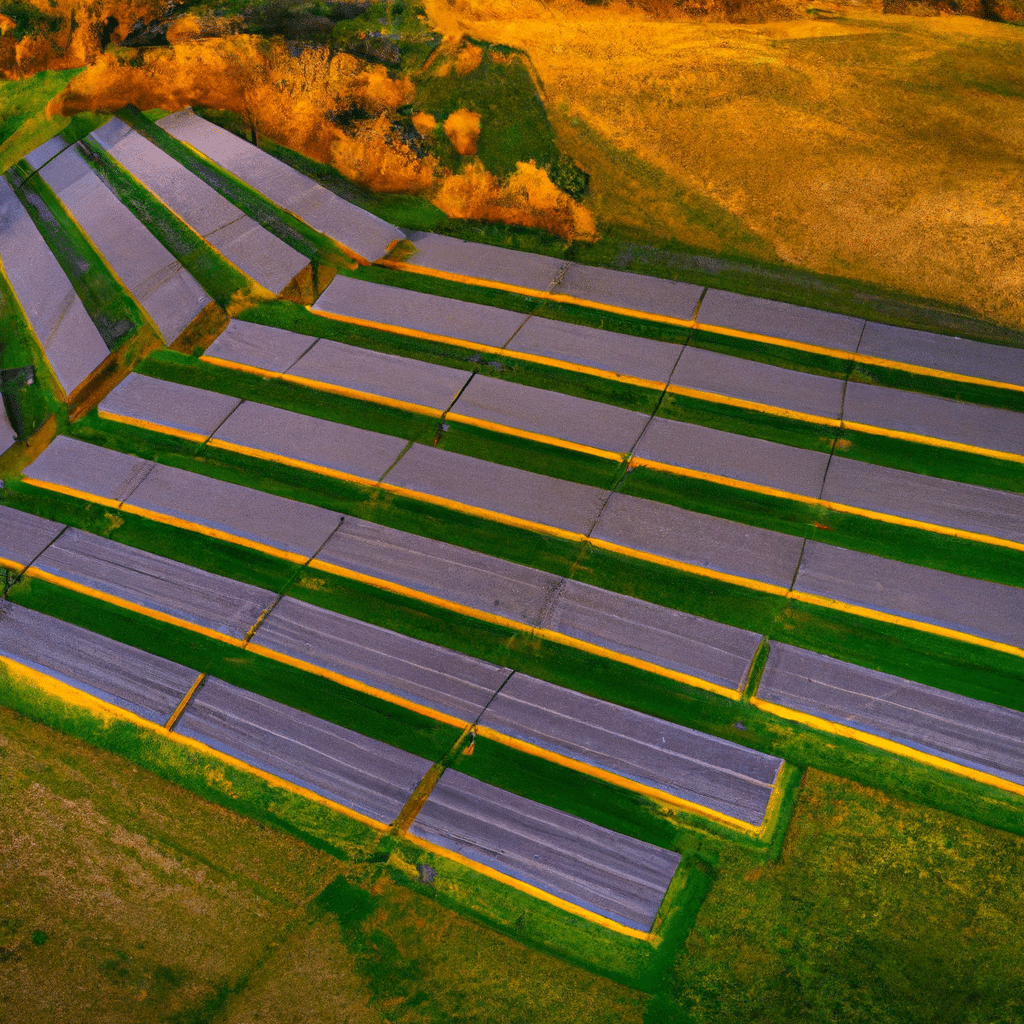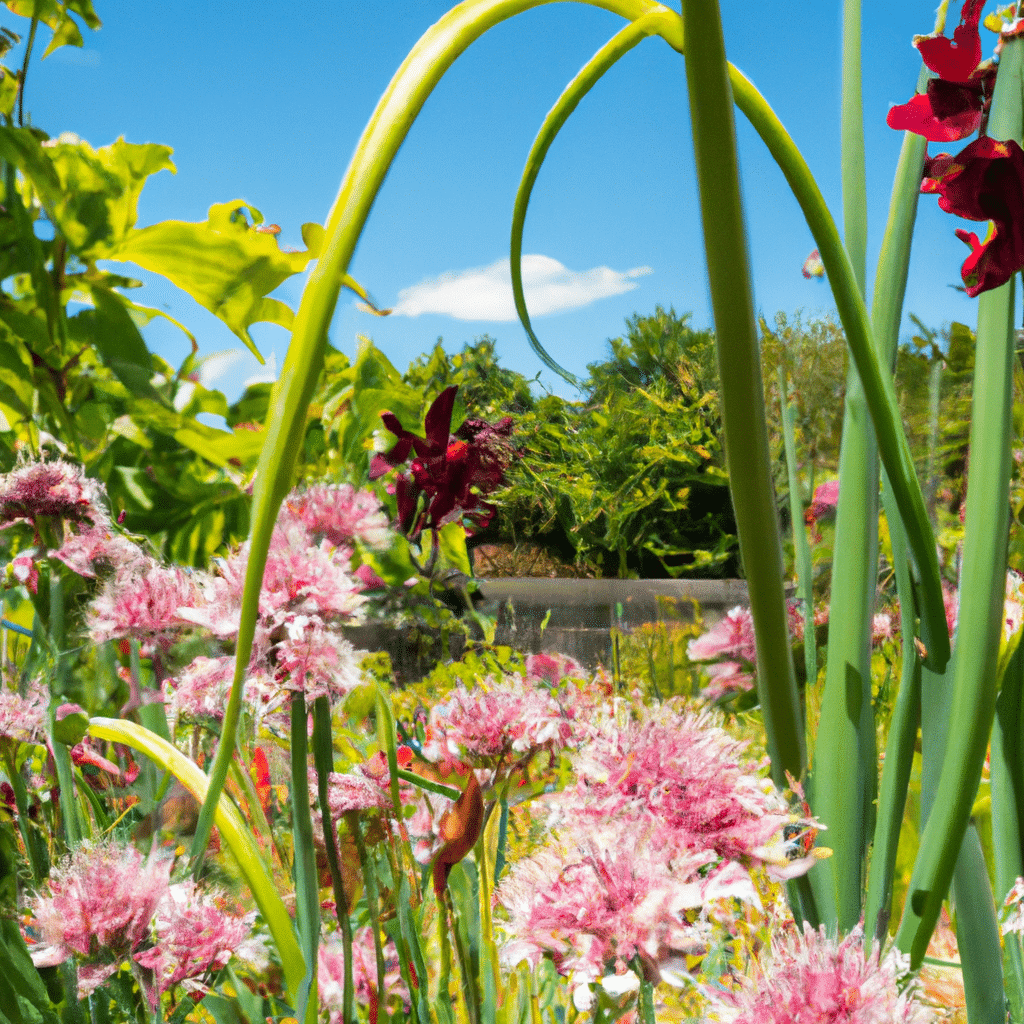In recent years, the world has witnessed the devastating impact of climate change on various sectors, including agriculture. Rising temperatures, unpredictable weather patterns, and increased frequency of extreme events pose significant challenges to farmers and food production. However, amidst this crisis, artificial intelligence (AI) emerges as a game-changer, offering innovative solutions to mitigate the effects of climate change on agriculture. In this article, we will explore the transformative role of AI in addressing climate change’s impact on agriculture and how it can revolutionize the way we grow food sustainably.
AI-Driven Climate Monitoring and Prediction
One of the key contributions of AI in combating climate change is its ability to monitor and predict weather patterns and climate conditions. By analyzing vast amounts of data collected from satellites, weather stations, and sensors, AI algorithms can identify patterns and predict future climate scenarios. This invaluable information allows farmers to make informed decisions regarding crop selection, planting times, and irrigation strategies. With AI’s predictive capabilities, farmers can optimize resource allocation, minimize losses, and adapt to changing climate conditions effectively.
Precision Agriculture and Resource Optimization
AI-powered precision agriculture techniques have revolutionized farming practices, enhancing productivity while minimizing environmental impact. Through the use of sensors, drones, and autonomous machinery, AI can collect real-time data on soil moisture, nutrient levels, and crop health. This data is then analyzed to provide actionable insights, enabling farmers to optimize resource allocation and reduce waste.
For instance, AI algorithms can precisely determine the exact amount of water, fertilizers, and pesticides required for each crop, reducing overuse and minimizing runoff, which contributes to water pollution. Furthermore, AI can detect early signs of plant diseases or pest infestations, allowing farmers to take timely preventive measures, thus reducing the need for excessive pesticide usage. By adopting precision agriculture techniques driven by AI, farmers can achieve higher yields, reduce costs, and minimize the environmental impact of their operations.
Climate-Resilient Crop Breeding
Another significant application of AI in agriculture is climate-resilient crop breeding. As climate change alters traditional growing conditions, crops need to adapt to survive in new environments. AI, combined with genetic data and advanced modeling techniques, can accelerate the process of developing climate-resilient crop varieties.
AI algorithms can analyze genetic information to identify specific traits that confer resilience to heat, drought, or pests. By simulating various climate scenarios, AI can predict how different crop varieties will perform under changing conditions. This information enables breeders to select and crossbreed plants with the desired traits, expediting the development of climate-resilient crops. The use of AI in crop breeding not only ensures food security in the face of climate change but also reduces the reliance on chemical inputs, making farming more sustainable in the long run.
Smart Irrigation and Water Management
Water scarcity is a critical challenge exacerbated by climate change, particularly in agricultural regions heavily reliant on irrigation. AI-powered smart irrigation systems are transforming water management by optimizing water usage and reducing wastage.
Using real-time data from soil moisture sensors, weather forecasts, and crop water requirements, AI algorithms can determine the precise amount of water needed for irrigation. This information helps farmers avoid both under and over-irrigation, ensuring efficient water usage and reducing energy consumption. Additionally, AI can identify leakages and malfunctions in irrigation systems, enabling timely repairs and preventing water loss. Smart irrigation systems driven by AI not only conserve water but also contribute to energy savings and cost reduction for farmers.
Sustainable Pest and Disease Management
Pests and diseases pose a significant threat to agricultural productivity, and climate change often exacerbates these challenges. However, AI offers innovative solutions for sustainable pest and disease management.
By leveraging AI algorithms, farmers can detect and identify pests or diseases accurately. AI-powered image recognition systems can analyze images of plants or insects to identify specific pests or diseases, allowing farmers to take targeted action. Furthermore, AI can analyze vast amounts of historical data to predict the occurrence of pests or diseases, enabling proactive measures to prevent or mitigate their impact.
With AI’s assistance, farmers can implement integrated pest management strategies, reducing the reliance on chemical pesticides and adopting more sustainable and environmentally friendly practices. This not only protects crop yields but also safeguards ecosystems and promotes biodiversity.
Conclusion
In conclusion, the role of AI in mitigating climate change’s impact on agriculture is nothing short of game-changing. From climate monitoring and prediction to precision agriculture, crop breeding, water management, and pest control, AI offers a plethora of solutions to enhance sustainability and resilience in farming practices. By harnessing the power of AI, farmers can adapt to changing climate conditions, optimize resource usage, and reduce the environmental footprint of agriculture. As we face the challenges of climate change, embracing AI-driven innovations becomes imperative for a sustainable and food-secure future.



